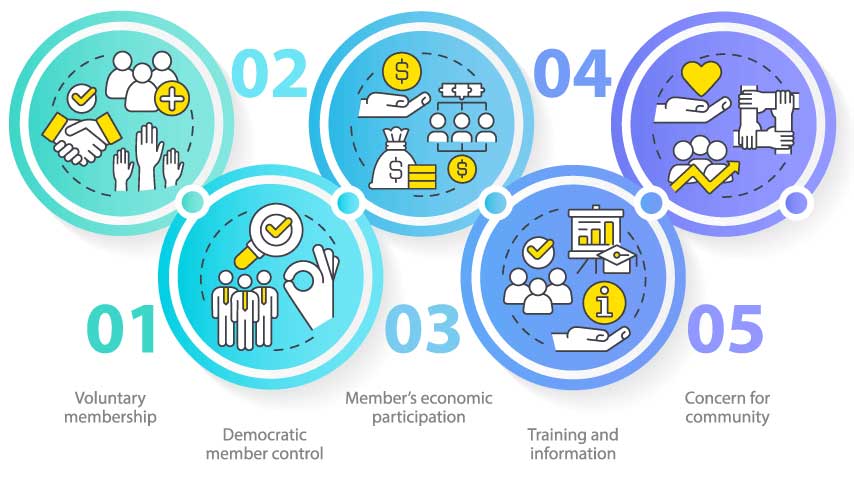
Our Vision
At Wellnesss Community Hub, we’re reimagining how we shop for food—one sustainable choice at a time. As a zero-waste store, we believe that nourishing your body shouldn’t come at the expense of the planet. We know that lasting change starts with community. That’s why we’re more than just a store—we’re a hub for connection, learning, and action.
Our mission is simple: to make eco-friendly living accessible, enjoyable, and impactful. From high-quality, package-free products to educational initiatives, we’re here to help you embrace a lifestyle that’s good for you and the earth.
Rooted in Community
We believe that small changes can lead to big impacts, and every jar filled, bag reused, and plastic avoided is a step toward a healthier planet. That’s why we’ve created a shopping experience where you can enjoy high-quality, wholesome products—without unnecessary packaging or waste.
Our commitment doesn’t stop at our shelves. We’re deeply rooted in our community, hosting initiatives and events designed to inspire and empower sustainable living:
- Workshops & Classes: Whether you’re learning to make your own beeswax wraps or mastering zero-waste meal prep, our hands-on events turn sustainable habits into fun and practical skills.
- Container Exchange Program: Forgot your jars? Borrow or donate reusable containers through our free exchange program, keeping convenience and sustainability hand in hand.
- Local Collaborations: We partner with nearby farmers, bakers, and artisans to bring you fresh, responsibly sourced goods while boosting our local economy.
- Donation Drives: From surplus food to reusable household items, our community donation drives reduce waste and provide vital resources to local shelters.
- Eco-Challenges: Join our monthly challenges—like Plastic-Free July or Upcycle Your Waste—to make impactful changes alongside fellow eco-enthusiasts.
- Neighborhood Cleanups: Roll up your sleeves and join us in restoring local green spaces through our regular cleanup events.
Zero Waste Initiative Timeline
Initiative involves setting clear goals, milestones, and action steps.
Planning and Awareness
Step 1
Conduct a waste audit to assess current waste generation and identify key waste streams.
Set clear, measurable zero-waste goals.
Form a Zero-Waste Task Force to oversee the initiative.
Step 2
Research best practices and case studies for zero-waste strategies.
Develop a Zero-Waste Action Plan with timelines and responsibilities.
Launch an awareness campaign to educate employees/stakeholders about zero-waste goals.
Step 3
Implement basic waste reduction measures (e.g., increase recycling bins, reduce paper use).
Partner with recycling and composting facilities.
Begin tracking progress and reporting regularly.
Implementation
Step 1
Roll out reusable alternatives for common disposables (e.g., reusable water bottles, utensils).
Launch a company-wide composting program for organic waste.
Host workshops and training on zero-waste practices.
Step 2
Conduct quarterly reviews of waste management practices.
Optimize procurement to prioritize products with minimal packaging and high recyclability.
Build partnerships with suppliers for take-back or circular economy programs.Optimisation and Scaling
Step 1
Expand zero-waste practices to cover all departments/locations.
Pilot innovative waste solutions (e.g., waste-to-energy programs, upcycling partnerships).
Assess progress toward initial zero-waste goals and adjust strategies as needed.
Step 2
Achieve measurable reductions in waste sent to landfills/incinerators (e.g., 50% or higher).
Share success stories and lessons learned with the community.
Publish an annual Zero-Waste Report.
Continuous Improvement
Step 1
Aim for Zero Waste certification.
Innovate further by adopting circular economy principles (designing out waste entirely).
Engage stakeholders to identify new areas of improvement.
Maintenance and Advocacy
Step 1
Maintain zero-waste status by continuously refining processes.
Advocate for zero-waste practices in your industry and community.
Encourage suppliers, customers, and partners to join the initiative.
Zero-waste Initiative
Involves setting clear goals, milestones, and action steps. Approach that minimises environmental impact by reducing waste at every stage of the process.

